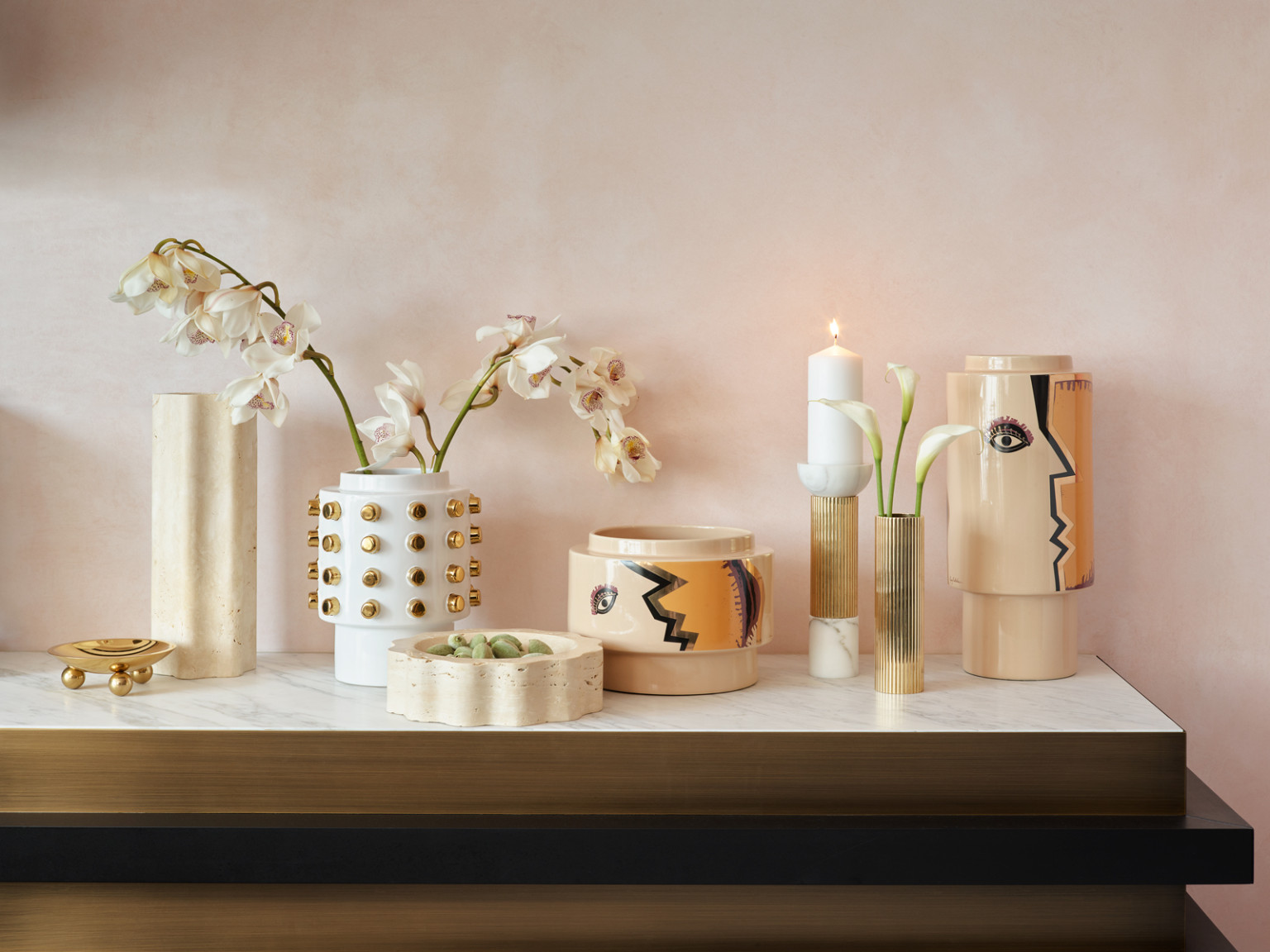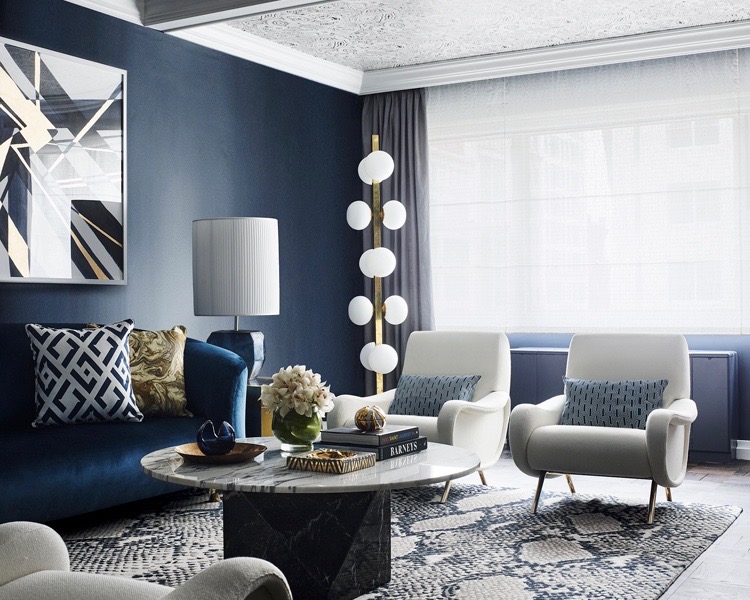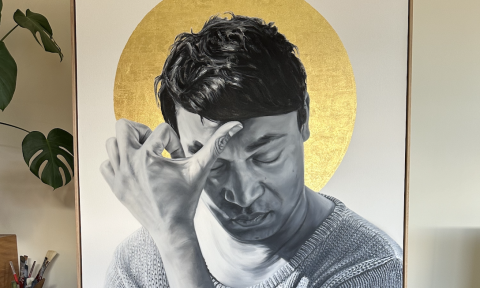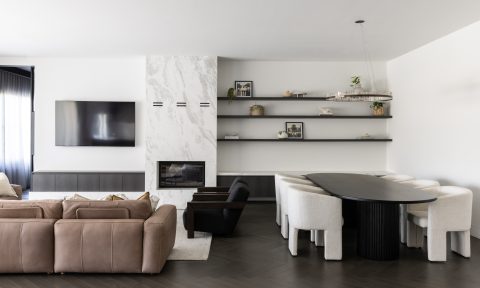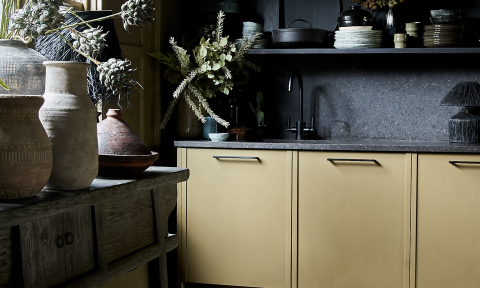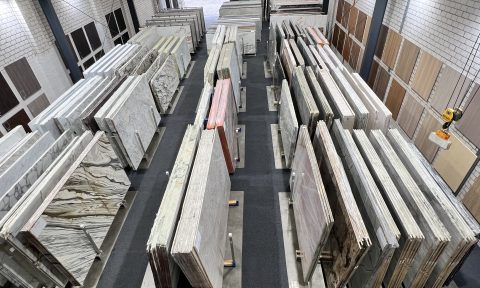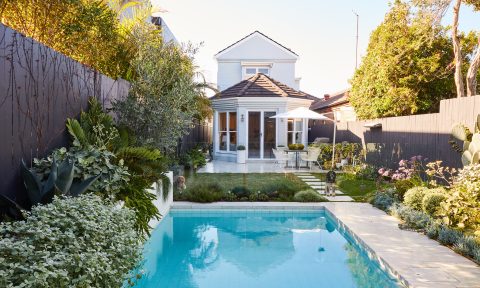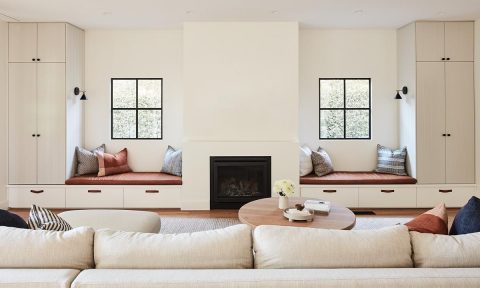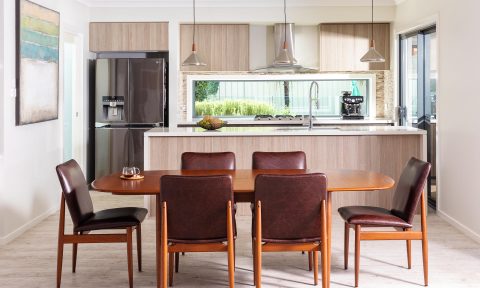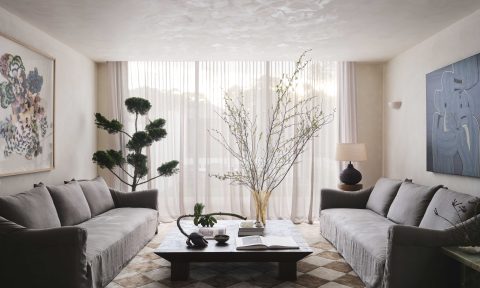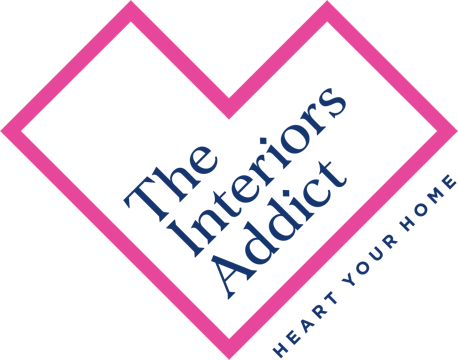11 years ago, when I was editor of a business magazine and this blog was still a side hustle (actually, a hobby, because that term hadn’t been coined back then) I included Sydney interior designer Greg Natale in a feature on the business side of running his studio. It was clear back then that he had an impressive head for much more than just the creative side. A decade on, and more than 20 years into running his own show, Greg has been quietly and confidently growing his empire to include his own homewares range, multiple licensing deals and a shop in upmarket Potts Point (he owns the premises as well as his offices in Surry Hills).
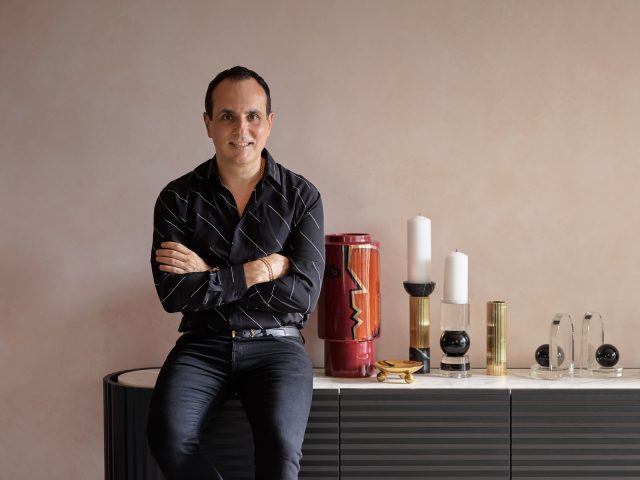
It was eight years ago, when he moved into his new office and had the space and the staff, that Greg really began to take things up a level, but he admits he had wanted to have a whole brand, much bigger than just a design practice, from the earliest days. He now keeps the design and the product side as two very separate businesses.

“I’d always wanted to start building up the product side of the business. We were doing all these big homes and we couldn’t find a lot of the things we wanted so it made sense to design my own. I started doing licensing 15 years ago as part of the design business; I had tiles and rugs and towels.” The two businesses organically feed into each other because the DNA for the products comes from the design projects.
“I knew from day one I wanted a product business,” says Greg. “When I did my sister’s apartment, which won me my first Belle Award in 2002, it was a real branding exercise. I always knew if I could somehow brand myself with pattern and this use of pattern as part of my DNA, I could pivot into a product business and this would be the key to my success. All these early projects were very strategic.” That apartment featured wall-to-wall custom-coloured Florence Broadhurst wallpaper, layered with matching artwork and linen and put the then little known designer on the map.
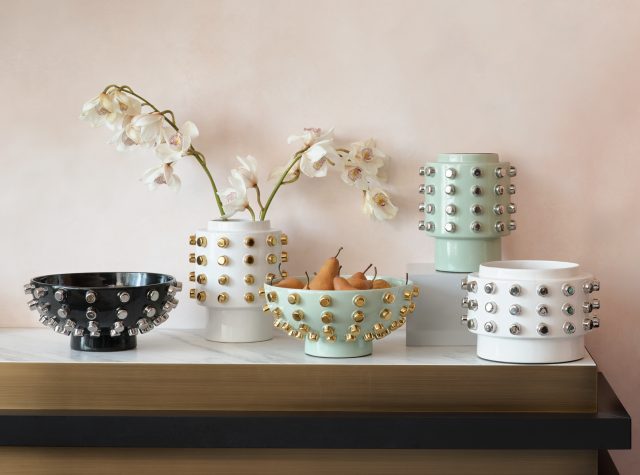
“It’s all been stepping stones. Businesses do need to grow organically. You need to have a lot of patience,” says Greg. And grow it did. In terms of licensing there have been countless ranges with Designer Rugs, Bisazza, fabrics with Elliott Clarke, wallpaper with Signature Prints, tiles with Teranova, a lighting range in America and the list goes on.
Creating his own products though, took it next level. “This gave me total creative freedom and to be able to make smaller things like bowls and trays. Licensing gives me a chance to design the big things like rugs, tiles and furniture and I was comfortable with this small stuff myself; objects, tabletop and bedding.” These days you can buy a piece of Greg Natale for every room of your house from a bathroom soap dispenser to a water glass to a candle, towel or sheet set. It’s grown over time, building up the core line and finding the right factories and suppliers across the world and the right trade shows to attend. Not to mention the three books he’s had published along the way.
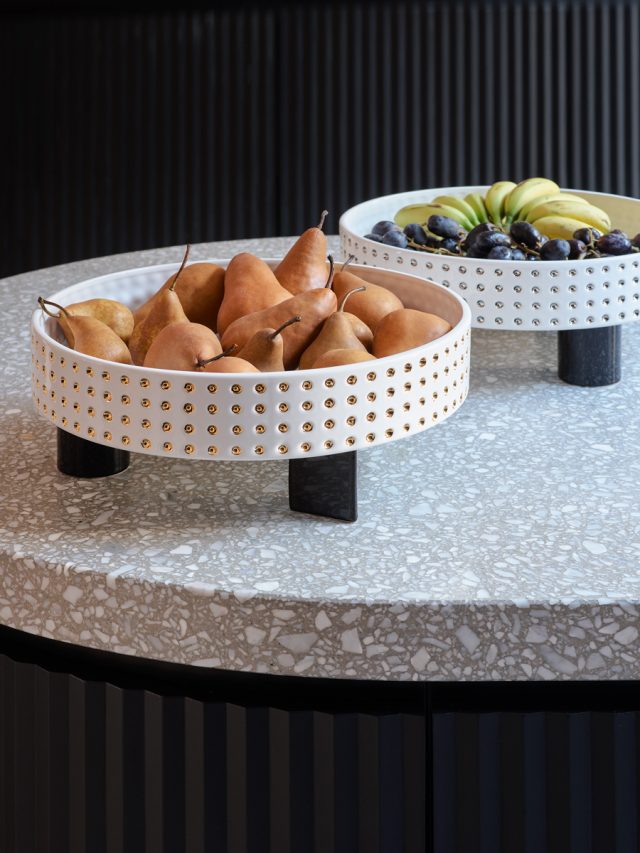
In 2019 (yes, right before covid struck), he opened the Greg Natale shop in Sydney. “We got through it. You adjust. We ran the online store from the shop so it wasn’t completely wasted. The shop is a showcase and somewhere people can come and touch and see the products.”
Last year, he moved the product business into his own warehouse, which he bought. All of this of course costs money and through overdrafts and business loans he has been able to grow the business. “I’ve also been able to use the design business to back the product business. I’d rather owe money to the bank than have a business partner or backers,” he admits.
It’s grown to a point where he’s been able to really streamline things now, dealing mainly in wholesale (you can buy his products via online stores like The Iconic, Temple & Webster and David Jones), but with products also available via his own ecommerce website and of course his bricks and mortar store.

The product business now has an in house art director, product designer, wholesale manager and ecommerce coordinator. Greg’s partner, ex-banker Jason Greenhalgh, has worked in the product business since 2015, running the operational side, which he admits has been a huge help. But as a life partner, his backing has been key too. “He’s so supportive. When I’m working 24/7 he understands. He never says ‘get off your phone’ or anything like that. At home we don’t really talk about work; we both like relaxing. But it’s great to be able to ask his opinion on things.”
Greg says he is still learning when it comes to business. “You feel your way through it. You’ve got to make a lot of mistakes along the way. I’ve had some bad luck with staff (as well as some amazing staff!) but I’ve grown a lot as a manager and through any bad luck, I’ve been able to use this experience to be able to make informed decisions in the future. With a lot of the product business I’ve gone in blind and just had to try things. You build a lot of resilience.”
Despite seemingly never stopping to breathe, Greg says he has his work/life balance under control with a no work on weekends rule. “I don’t have kids so I can put my feet up. But when I’m at work I’m very hands on. Everyone reports directly to me. I’m really hands on with the finances and watching the cashflow.” He says he’d worry for any designer who says they’re too creative to be across the money side of their business. “You need to know what’s going in and out of your business. I’m still the one who approves payables.”
Greg, whose multi-award-winning design business speaks for itself, says he’s definitely proud of his product business too. “I think a business really needs 10 years to take off, so we’re past the halfway mark but it still needs more time. No matter how established you are, it still takes a lot of hard work.”
That’s why he hasn’t rested on his laurels when it comes to his design practice either, despite that side of things running itself these days. “I worked really hard with my last book to reinvent my look. It’s a cliché but it’s easy to get to the top and harder to stay there. I definitely became known for a look but you can’t become attached to a decade. You have to keep moving forward and reinventing.”
He ends: “My whole life philosophy is to just go for it. If I hadn’t, I’d have regretted it.”
